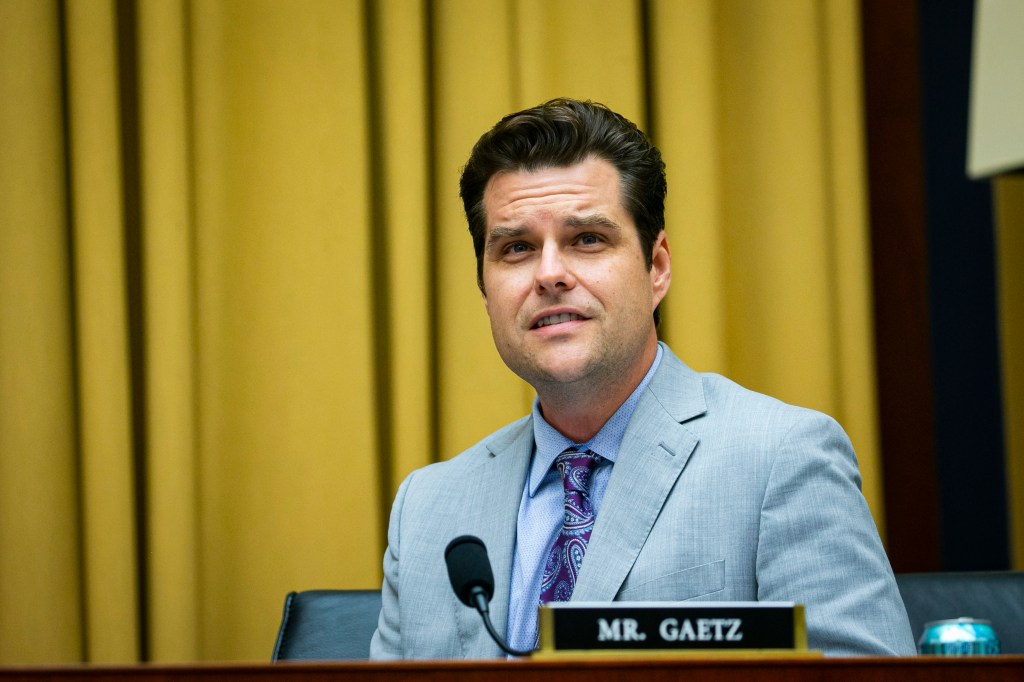“This is an actual college class; be nice” reads a line of text at the bottom of Robert Yang’s Twitch stream, a not-so-subtle warning something a bit different is happening in their stream.
Yang is a game designer and assistant arts professor at NYU Game Center in Brooklyn, a school that specializes in teaching game design and culture. Due to continued concerns over the spreading novel coronavirus, NYU Game Center is one of many academic institutions that’s told students to stay at home. Suddenly, Yang had to figure out how to teach remotely.
Videos by VICE
One class that Yang teaches focuses on streaming culture and its impact on games. The course naturally has some reading involved—specifically, Watch Me Play by author T.L. Taylor—but unsurprisingly, it also involves a lot of watching and doing. Students are required to stream themselves one per week.
“Then they relate their personal experiences to the book,” said Yang to VICE Games over email today. “It’s the fun academic trick of picking out a seemingly non-academic and profane thing, and unpacking its complexity until it becomes a metaphor for everything.”
The decision to send students home and teach remotely came pretty quickly and without a ton of preparation for either side, a decision Yang called “rushed.” One advantage for NYU Game Center, however, is that games are intertwined with technology, meaning everyone involved is pretty familiar with a broad suite of tools that can aid in the awkward transition.
The idea to teach a lecture about streaming through a stream actually came from a student.
“I thought it was a terrible idea,” said Yang. “But sometimes witnessing terrible ideas can be educational.”
I tuned into the first few minutes of Yang’s lecture when it originally went live. Yang already has a sizable following on social media, so when they tweeted out a link to the stream, there were far more curious observers than students clocking in to class. It started as many Twitch streams do, with Yang tweaking the sound levels based on feedback from the chat, and the chat spamming emojis, as the social dynamic began to work itself out.
The lecture started with a reading—a great feature by reporter Patricia Hernandez—and went on for roughly two hours, with Yang bouncing between other readings and streams.
“From an educational perspective, it was kind of a disaster,” said Yang. “The class is a reading seminar where I encourage students to discuss what they think, but obviously Twitch chat is not the best place for a nuanced discussion.”
The problem, Yang found, was keeping the attention of the students.
“A lot of students stopped paying attention to the chat—that is, they stopped paying attention to each other!—and relied on me to recap the chat for them,” said Yang. “It emphasized how Twitch is a broadcast medium. It would take a lot of work to make Twitch feel more participatory.”
The number of people wasn’t astronomical—when I tuned in, there were maybe 50 or so viewers—so the chat didn’t get out of control. Yang didn’t have to spend much time worrying about people being nasty in the chat, a problem that otherwise would have derailed it more.
Before the stream, Yang figured it was a one-off experiment. Afterwards, they were positive. But the experience did provide some interesting lessons about how we define “streaming.”
“It did help me reflect on how every university is transitioning to remote teaching,” said Yang, “which is basically asking everyone to become streamers. Instead of Twitch, we’ll be streaming privately to smaller audiences on Zoom [a popular video conference software], but the format seems similar.”
In the days and weeks ahead, lots of teachers will start teaching remotely. Being able to talk to an audience over video is a different skill than talking to people in the same room. There is probably plenty that newly quarantine educators could learn from the rise of streamers.
“I just saw a teacher’s well-intentioned guide with a convoluted 30 step process for recording a video lecture via Zoom,” said Yang, “and I was like… uhhh instead what if someone told the professors you could just download OBS and click ‘Start Recording’? It’s like the 10-year-old Minecraft streamers need to teach the 50-year-old professors how to do this.”
Follow Patrick on Twitter. His email is patrick.klepek@vice.com, and available privately on Signal (224-707-1561).




